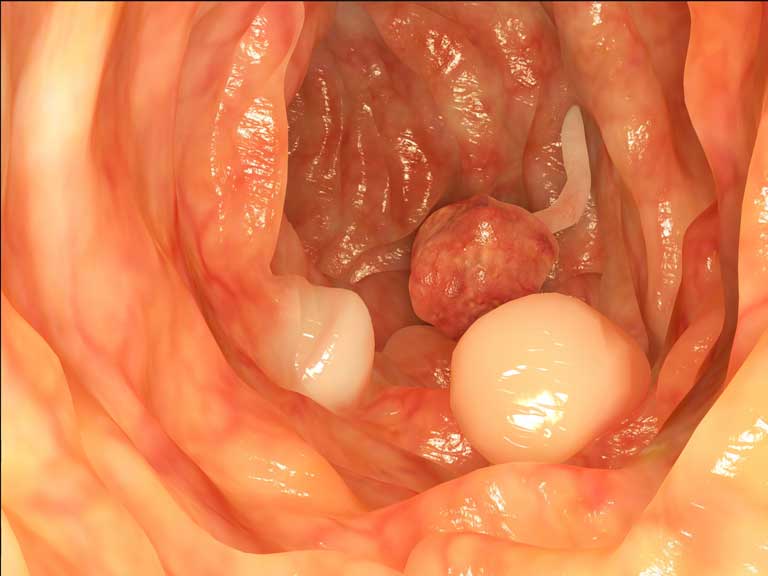Colonoscopy
A colonoscopy is a medical procedure used to examine the inside of the colon and rectum. It is typically recommended for individuals over the age of 50 or for those with a family history of colon cancer, as well as for individuals who have symptoms such as rectal bleeding, abdominal pain, or a change in bowel habits.

During the procedure, the patient is sedated and a thin, flexible tube called a colonoscope is inserted through the rectum and advanced through the entire colon. The colonoscope has a small camera on the end that allows Dr Lorenzo to view the inside of the colon and detect any abnormalities such as polyps, which are small growths that can develop into cancer if left untreated.
If polyps are found during the colonoscopy, they can typically be removed during the same procedure. The procedure usually takes about 30 minutes to an hour.
Before the procedure, the patient is usually instructed to follow a special diet and take a laxative to clear out the colon in order for the doctor to have a clear view during the colonoscopy. After the procedure, the patient may experience some mild cramping and bloating, but these symptoms usually subside within a day or two.
Colon cancer is the second leading cause of cancer-related deaths in Australia, but it is also one of the most preventable and treatable types of cancer when caught early through screenings such as a colonoscopy.
Expectations
The outcome of surgical treatment varies and depends on various factors such as the stage and location of the cancer, the overall health of the patient and the expertise of the surgical team.
Recovery from surgery can take several weeks or even months, depending on the extent of the surgery. Pain and discomfort are common after the surgery, and patients will likely need to follow a special diet to help the healing process. They will also need to have regular follow-up appointments with Dr Lorenzo to monitor their recovery.

